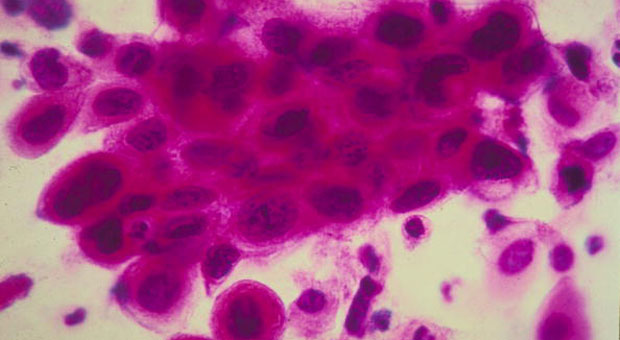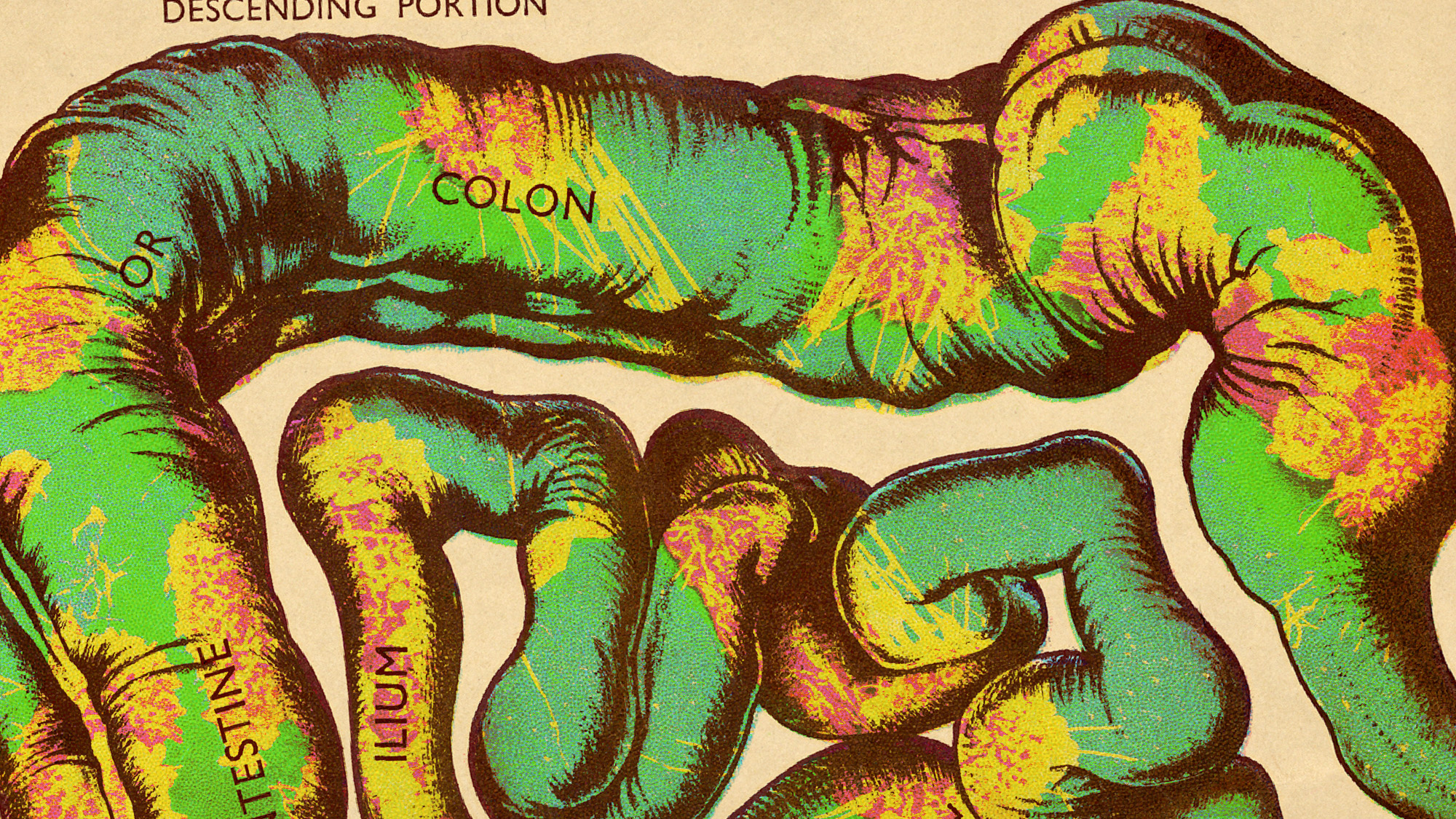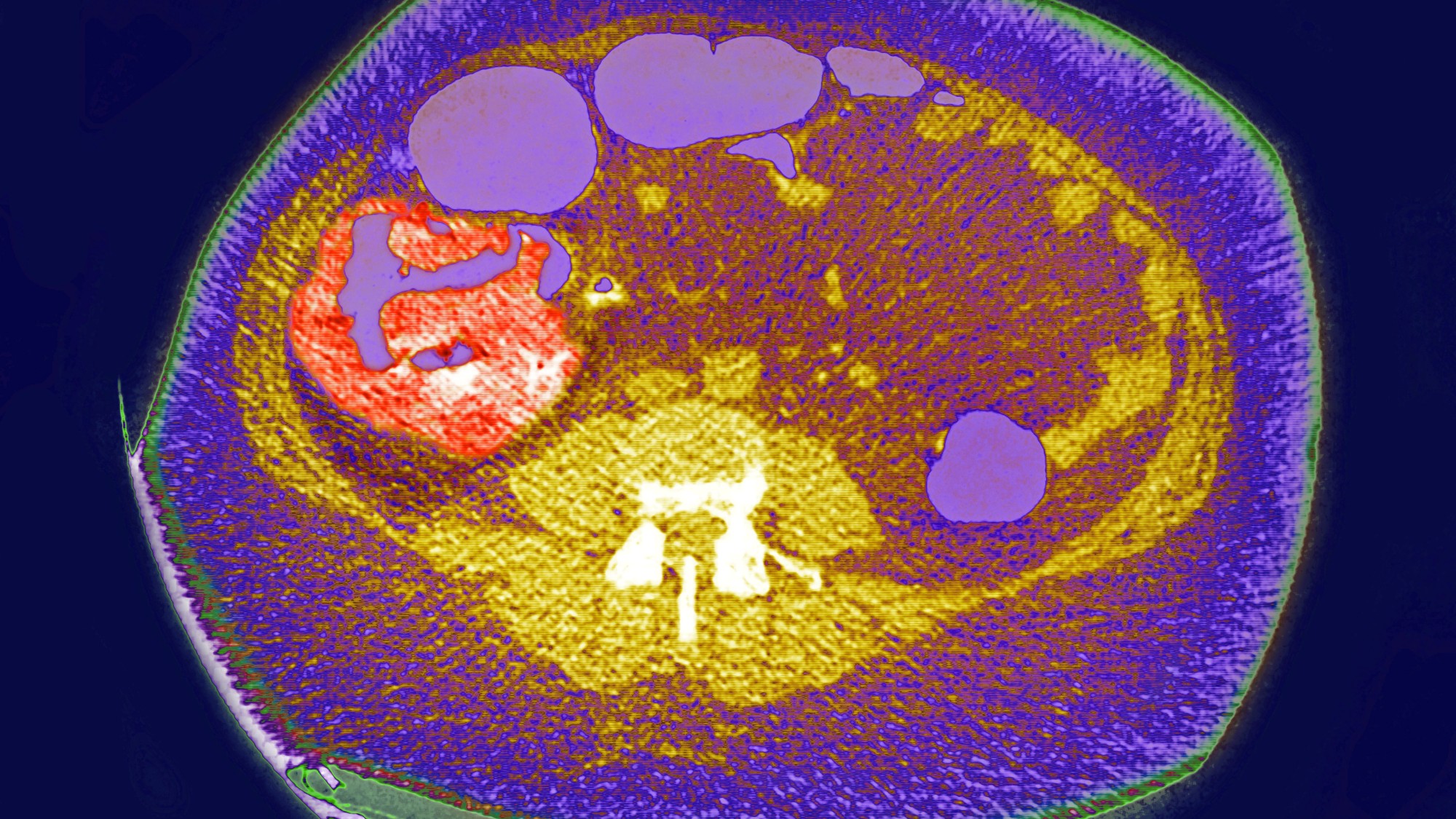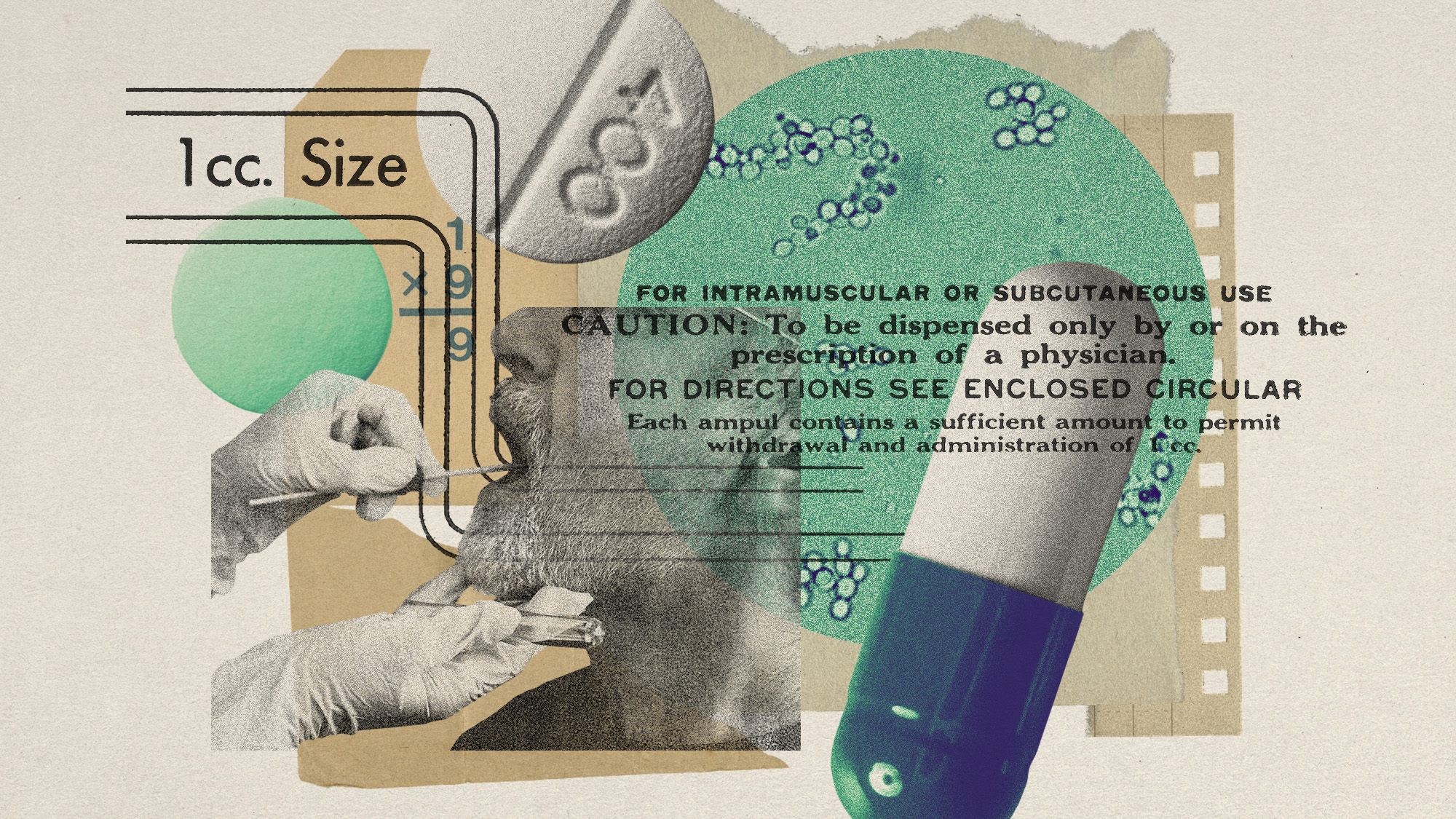Cancer drugs deliver 'powerful punch' against melanomas
Scientists hail 'new era' for cancer treatment after combination of drugs shrinks melanomas in most sufferers

A free daily email with the biggest news stories of the day – and the best features from TheWeek.com
You are now subscribed
Your newsletter sign-up was successful
Two melanoma drugs, when used in tandem, were able to shrink tumours in nearly 60 per cent of people with advanced melanomas, a new trial has discovered.
The drugs deliver a "powerful punch" against the aggressive form of cancer that kills more than 2,000 people in Britain each year and could open up a "new era" in the battle against cancer.
An international trial conducted on 945 people has found that using the drugs ipilimumab and nivolumab together appears to stop advanced melanomas from growing for nearly a year in 58 per cent of cases.
The Week
Escape your echo chamber. Get the facts behind the news, plus analysis from multiple perspectives.

Sign up for The Week's Free Newsletters
From our morning news briefing to a weekly Good News Newsletter, get the best of The Week delivered directly to your inbox.
From our morning news briefing to a weekly Good News Newsletter, get the best of The Week delivered directly to your inbox.
The treatment aims to harness the human immune system to fight against cancer, and using the two drugs together is more effective than just using either one on its own, the study suggests.
One of the UK's lead cancer investigators, Dr James Larkin told BBC News: "By giving these drugs together you are effectively taking two brakes off the immune system rather than one so the immune system is able to recognise tumours it wasn't previously recognising and react to that and destroy them.
"For immunotherapies, we've never seen tumour shrinkage rates over 50 per cent so that's very significant to see.
"This is a treatment modality that I think is going to have a big future for the treatment of cancer."
A free daily email with the biggest news stories of the day – and the best features from TheWeek.com
The new trial "expands physicians' arsenal against the lethal disease and, potentially, other cancers" as well, the Washington Post says.
Yet, like any medication, the treatment is not without side-effects and the study found it could cause include fatigue, rashes and diarrhoea.
Dozens of new trials have now begun to test whether the drugs will have a similar impact on other cancers, including breast cancer, kidney cancer, and colorectal cancer.
Scientists have hailed the trial as a potential "new era" for cancer treatment, The Guardian reports. "I think we are seeing a paradigm shift in the way oncology is being treated," Professor Roy Herbst, chief of medical oncology at Yale Cancer Centre in the US, said. "The potential for long-term survival, effective cure, is definitely there."
-
 The 8 best TV shows of the 1960s
The 8 best TV shows of the 1960sThe standout shows of this decade take viewers from outer space to the Wild West
-
 Microdramas are booming
Microdramas are boomingUnder the radar Scroll to watch a whole movie
-
 The Olympic timekeepers keeping the Games on track
The Olympic timekeepers keeping the Games on trackUnder the Radar Swiss watchmaking giant Omega has been at the finish line of every Olympic Games for nearly 100 years
-
 The truth about vitamin supplements
The truth about vitamin supplementsThe Explainer UK industry worth £559 million but scientific evidence of health benefits is ‘complicated’
-
 Covid-19 mRNA vaccines could help fight cancer
Covid-19 mRNA vaccines could help fight cancerUnder the radar They boost the immune system
-
 Deadly fungus tied to a pharaoh's tomb may help fight cancer
Deadly fungus tied to a pharaoh's tomb may help fight cancerUnder the radar A once fearsome curse could be a blessing
-
 'Poo pills' and the war on superbugs
'Poo pills' and the war on superbugsThe Explainer Antimicrobial resistance is causing millions of deaths. Could a faeces-filled pill change all that?
-
 The Y chromosome degrades over time. And men's health is paying for it
The Y chromosome degrades over time. And men's health is paying for itUnder the radar The chromosome loss is linked to cancer and Alzheimer's
-
 A bacterial toxin could be contributing to the colorectal cancer rise in young people
A bacterial toxin could be contributing to the colorectal cancer rise in young peopleUnder the radar Most exposure occurs in childhood
-
 Why are more young people getting bowel cancer?
Why are more young people getting bowel cancer?The Explainer Alarming rise in bowel-cancer diagnoses in under-50s is puzzling scientists
-
 Five medical breakthroughs of 2024
Five medical breakthroughs of 2024The Explainer The year's new discoveries for health conditions that affect millions